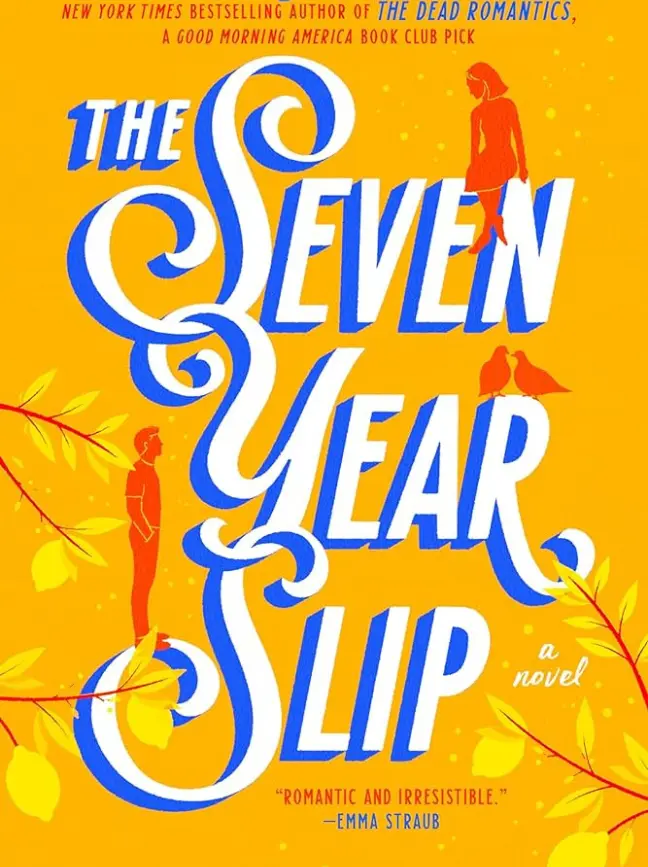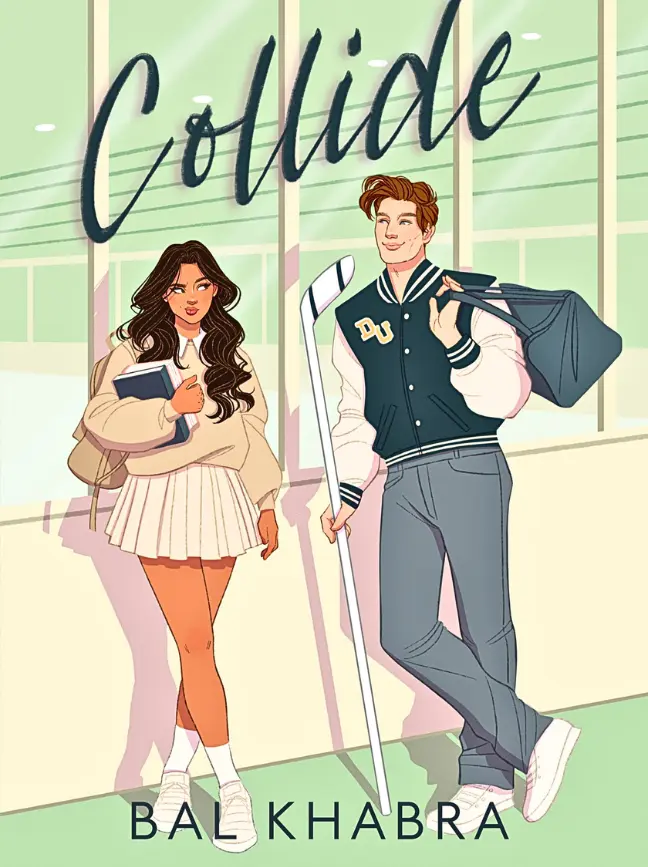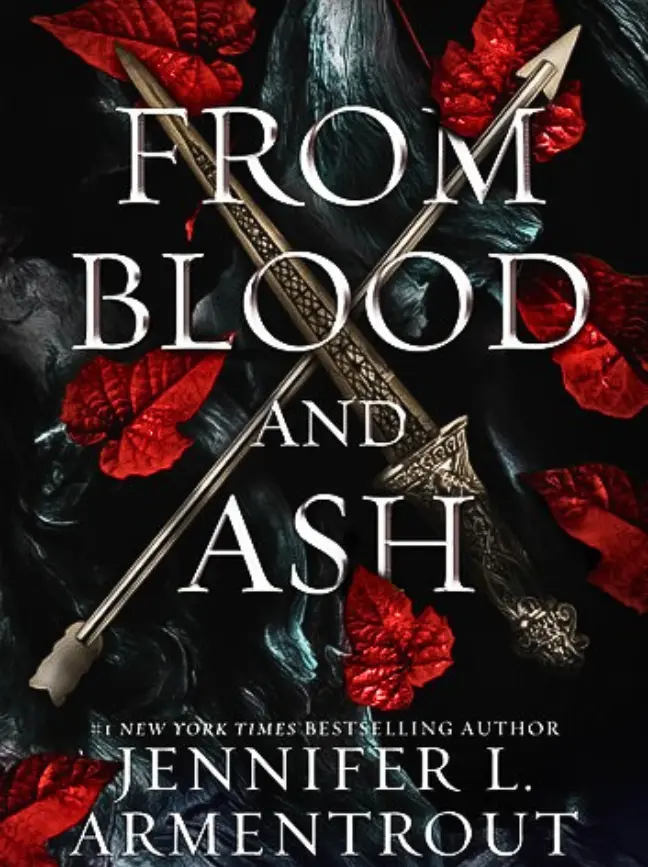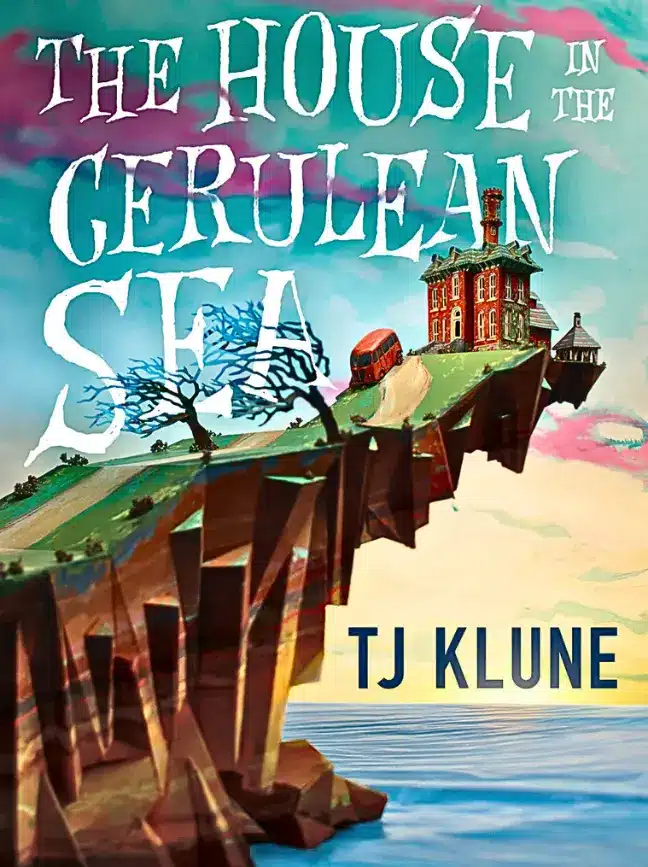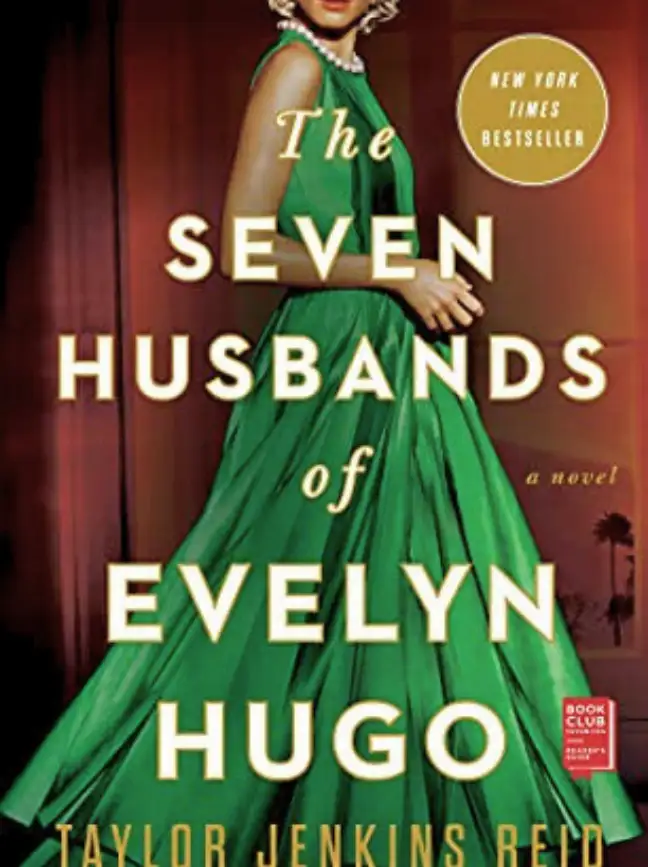Not quite a year after Dong Hyun’s death, ReveJeux, a New York– and Paris-based gaming company, approached Sam and Sadie about the possibility of making a third Ichigo. ReveJeux had several big hits, most famously The Samurai’s Code, a stealth and parkour-style game about a non-gendered team of Samurai. Sadie and Sam both had admired this game, and so they decided to fly to New York to take the meeting.
The group from ReveJeux was young, as people in gaming tended to be, and, in Sadie’s estimation, Sam and herself were the oldest people in the room by at least five years. How quickly you go from being the youngest to the oldest person in a room, she thought.
ReveJeux were self-described “huge fans” of Ichigo, and they wanted to preserve the style and emotion of the original game while using the technical firepower of today. Marie, an earnest Frenchwoman who appeared to be seconds out of college, was the team’s leader. She spoke of Ichigo with rising emotion in her voice. “I want you to know: Ichigo is the game of my heart. But ever since I played Ichigo as a young teenager, I have always felt that the story of Ichigo is incomplete,” Marie said. “More than anything, I want to see Ichigo grow up.”
In Marie’s proposal for the third Ichigo, Ichigo is now a salaryman, the Japanese version of a suit who takes the train and works a nine-to-five job. Ichigo has a wife and a young daughter. When the daughter goes missing, Ichigo must shed his salaryman skin to go find her. He must once again don his number 15 jersey to set off on another adventure. The game’s narrative would be split between Ichigo and Ichigo’s daughter. Marie saw Ichigo as a Peter Pan character, and she wanted to make the story as emotional and immersive as Uncharted or Journey.
“I must know,” she said. “ Why have you never made a third Ichigo?
The game is so brilliant. And you both are so brilliant.”
Marie’s colleague, a man in aquamarine glasses, answered for them. “I imagine they have been busy doing other things,” the man said to Marie. On a second look, Sadie decided the man in the glasses might have been her and Sam’s age after all.
If they agreed to let ReveJeux proceed with a sequel to Ichigo, Sadie and Sam would be involved as executive producers, and the game would be a coproduction of the two companies. Sadie and Sam would consult, but the work would largely be done by the team at ReveJeux.
At the end of the meeting, Marie gave them a zip drive with a sample level of the third Ichigo that her team had put together. “It isn’t finished,” Marie warned. “I need you to know, if you give me the honor of letting me make a new Ichigo, I will treat it like it is my child.”
On the cab ride back to the hotel, Sam asked her, “So, what do you think? Do you want to let them have it?”
“I don’t know,” Sadie said. “They’re a great company. I liked Marie, and I liked what she was saying, and Ichigo will be sixteen next year. I know people routinely license old IP. Still, it’s strange to think of someone else making our game.”
“It is strange,” Sam agreed.
“But I’m circumspect about it. It could be great. If they make a third game, we could take the opportunity to update and re-release the old Ichigos, bring them to a new audience.”
Sam nodded.
“I’m starving. Let’s get food and think about it,” Sadie said.
They had not spent any time together for years, and at first, the conversation was as stilted as at any business dinner. There were long pauses, as Sam or Sadie tried to figure out the next thing they might discuss.
“I heard you’re making interactive fiction, or something?” Sam said. “Oh yeah,” Sadie said. “I’m dabbling in that. I ran into one of my
classmates from Dov’s seminar, and she was trying to make visual novel games work for the U.S. market and asked me if I wanted to consult. So, I
thought, why not? It’s all made very quickly, and you don’t have time to think, and that’s good for me right now. And you?”
“I’ve been trying to do something in AR. It’s hard to make AR work, but someone’s eventually going to do it, and then people won’t want to play anything else.”
“I disagree,” Sadie said. “People play games for the characters, not for the tech. Have you been playing anything great?”
“Bioshock 2,” Sam said. “Great world building. Visuals, fine, that Unreal style. Heavy Rain does amazing things with point of view. Braid is brilliant. I was jealous the whole time I was playing. I kept wishing we’d made it. Have you played it yet?”
“I’m planning on it, but I don’t have as much time to play since I had a kid,” she said. “Naomi loves the Wii. Especially the sports games. So we play some of that.”
“Do you have a picture?”
Sadie took out her phone. Sam nodded at the screen. “She looks like Marx,” Sam said. “And you.”
“I took her to my seminar, and the kids in the class said she looked like Ichigo.”
“They used to say that about me, too,” Sam said. “I remember. It used to piss me off.”
“But now I’m old.” “You’re not that old.”
“Thirty-seven,” Sam said. “Older than anyone at ReveJeux.”
“I thought the same thing,” Sadie said. “About myself, I mean.”
They were walking back to the elevator when Sam said, “It’s not late yet. We could play the sample level of Ichigo III together.”
“Do you think we should?”
“I think we have to play it. We owe it to Ichigo.”
Sadie and Sam went up to Sam’s room. Sam set up the game on his laptop, and they played the level together, companionably passing the computer back and forth, as they had done when Sam was twelve and Sadie was eleven.
They finished the first level, which ended with a crowd scene that included digital avatars of the ReveJeux team and Sam and Sadie.
Sam closed the laptop. “The visuals are tight, considering how unfinished they are. The sound is tight.” Sam shrugged. “These people aren’t messing around. I think it’s probably good. I can’t complain. What do you think?”
“The same.” Sadie paused. “I was a little bored, though. But I know that’s unfair to say. They’re not done yet, and maybe we’re not the audience for it?”
“You’re probably right.” Sam turned to face Sadie. “You know what I keep thinking? I keep thinking how easy it was to make that first Ichigo. We were like machines then—this, this, this, this. It’s so easy to make a hit when you’re young and you don’t know anything.”
“I think that, too,” Sadie said. “The knowledge and experience we have
—it isn’t necessarily that helpful, in a way.”
“So depressing,” Sam said, laughing. “What’s all of this struggle been
for?”
“There must be some other versions of us that don’t make games.” “What do they do instead?”
“They’re friends. They have a life!” Sadie said.
Sam nodded. “Oh, right. I’ve heard of those. They’re those things where you sleep regular hours and you don’t spend every waking moment tormented by some imaginary world.”
Sadie walked over to the minibar and she poured herself a glass of water. Seeing her back, Sam thought there was no echt Sadie in this view in the way a gamer always knew Lara Croft from her braid.
“Maybe I should try that?” Sam said. “Having a life.”
“I have a life now,” Sadie said. “It’s not so great. Do you want a glass of water?”
Sam nodded. “May I ask you something that I’ve often wondered about?”
“Oh God, this sounds serious.”
“Why do you think we never got together?”
Sadie sat next to Sam on the bed. “Sammy,” she said. “We were together. You must know that. When I’m honest with myself, the most important parts of me were yours.”
“But together together? The way you were with Marx or Dov.”
“How can you not know this? Lovers are…common.” She studied Sam’s face. “Because I loved working with you better than I liked the idea of making love to you. Because true collaborators in this life are rare.”
Sam looked at his hands and at the callus years of gaming had left on his right index finger. “I thought it was because I was poor. And then, when I wasn’t poor, I thought it was because you weren’t attracted to me, because I was half-Asian and because of my disability.”
“How awful do you think I am? Those were your things, not mine.” “Yes, they probably were.”
“I’m still not tired,” Sadie said. “Probably the excitement of being sans enfant. Do you want to go take a walk?”
“I do,” Sam said.
Their hotel was in Columbus Circle, and they walked uptown, toward the Upper West Side. It was the end of March, and it was still cold, though one could feel the possibility of springtime.
“I used to live here with my mom,” Sam said. “That was before I knew you.”
Sam nodded. “Yes, if you can believe there was a time when we didn’t know each other. It doesn’t seem possible to me. Did I ever tell you why my mom left New York?”
“I don’t think so.”
“A woman jumped from a building, and landed, splat, at our feet.” “Did she die?”
“She did. My mom tried to pretend that she didn’t, but it was too late. I had nightmares about this woman for a decade.”
“You never told me that story. I thought I knew all your stories.” “Not all of them,” Sam said. “I hid so many things from you.” “Why?”
“Because I wanted to seem a certain way to you, I guess.”
“It’s so funny you should say this, because if you were one of my students, you’d be wearing your pain like a badge of honor. This generation doesn’t hide anything from anyone. My class talks a lot about their traumas. And how their traumas inform their games. They, honest to God, think their traumas are the most interesting thing about them. I sound like I’m making fun, and I am a little, but I don’t mean to be. They’re so different from us, really. Their standards are higher; they call bullshit on so much of the sexism and racism that I, at least, just lived with. But that’s also made them kind of, well, humorless. I hate people who talk about generational differences like it’s an actual thing, and here I am, doing it. It doesn’t make sense. How alike were you to anyone we grew up with, you know?”
“If their traumas are the most interesting things about them, how do they get over any of it?” Sam asked.
“I don’t think they do. Or maybe they don’t have to, I don’t know.” Sadie paused. “Since I’ve been teaching, I keep thinking about how lucky we were,” she said. “We were lucky to be born when we were.”
“How so?”
“Well, if we’d been born a little bit earlier, we wouldn’t have been able to make our games so easily. Access to computers would have been harder. We would have been part of the generation who was putting floppy disks in Ziploc bags and driving the games to stores. And if we’d been born a little bit later, there would have been even greater access to the internet and certain tools, but honestly, the games got so much more complicated; the industry got so professional. We couldn’t have done as much as we did on our own. We could never have made a game that we could sell to a company like Opus on the resources we had. We wouldn’t have made Ichigo Japanese, because we would have worried about the fact that we weren’t Japanese. And I think, because of the internet, we would have been overwhelmed by how many people were trying to do the exact same things we were. We had so much freedom—creatively, technically. No one was watching us, and we weren’t even watching ourselves. What we had was our impossibly high standards, and your completely theoretical conviction that we could make a great game.”
“Sadie, we would have made games no matter what era we’d been born in. Do you know how I know this?”
Sadie shook her head.
“Because Dr. Daedalus and Ms. Marks became game designers, too.” “They made checkerboards. It’s not the same. And you knew who you
were in Pioneers, so that doesn’t count. You had your finger on the scale.” “You knew who you were as well.”
“I did, and I didn’t,” Sadie said. “But I think there was some trauma— there’s that word again—I was able to play out through that experience. I can’t even explain it. Nothing was getting through to me, and I was so depressed, and I had a baby. And even Freda—God, I miss Freda—was fed up with me. She was like, ‘Mine Sadie, bad things happen to everyone. Enough already.’ But after Pioneers, I wasn’t able to feel quite as terrible about things. The main thing it made me feel was not quite so alone. I don’t think I’ve ever properly thanked you.” Sadie looked at Sam’s face. It was still as familiar as her own. “Thank you, my friend.”
He put his arm over her shoulder. “I have a theory about why you confronted me after the ‘fifth game’ revelation. Do you want to hear it?”
“I suppose I’m about to.”
“I think it was the stirrings of the designer in you, sensing the possibility for an elegant endgame. I wrote the beginning and the middle; you wrote the ending.”
“This is a theory,” Sadie said. “Do you need to turn around?” “No, I’m good,” Sam said. “Let’s stay out a little longer.”
They had made it up to Ninety-ninth Street and Amsterdam Avenue. Sam pointed up to a tenement building with exterior fire escapes. “This is where my mom and I used to live. Seventh floor. Back in 1984, it was a rough part of town, but now it doesn’t look that bad to me.”
“There aren’t any rough parts of New York now.”
Sadie looked up at the building. She imagined a child Sam, gazing out the window at her. He is perfect and unmarked, like her own daughter. But if Sam hadn’t been as traumatized as Sadie now realized he had been, would he have pushed them so hard? Would Sadie have been the designer
she became without Sam’s ambitions for them? And would Sam have had those ambitions without the childhood trauma? She didn’t know. The work had been hers, yes, but it had equally been his. It had been theirs, and it wouldn’t have existed without the both of them. This was a tautology that had only taken her the better part of two decades to understand.
Since she’d started teaching and become a mother, she’d felt old, but that night, she realized she wasn’t old at all. You couldn’t be old and still be wrong about as many things as she’d been wrong about, and it was a kind of immaturity to call yourself old before you were.
She looked past the building to the sky. It was a deep, blue velvet night, and the moon hung heavy and supernaturally spherical in the sky. “I wonder who built this engine,” Sadie said.
“It’s good work,” Sam said. “The God rays are nicely done, but the moon is almost too beautiful. The scale seems off.”
“How is it so large and low? And it needs more texture. A bit of Perlin noise. It should look a little rougher, otherwise it doesn’t seem real.”
“But maybe that’s the look they were going for?” “Maybe so.”
—
Sadie’s flight back to Boston left an hour before Sam’s flight to Los Angeles, but they had decided to share a cab to the airport. Since he had time to pass, he walked her to her gate. She seemed preoccupied to him, in the way that people are before a voyage, and though he had things he wanted to say to her, the manic energy of the airport did not lend itself to conversation. By the time they arrived at her gate, Sadie’s boarding group was already being called.
“Well, this is me,” she said. “This is you,” he said.
He watched as she joined the line, and it occurred to him that it might be years before he saw her again. “Sadie,” he called, “I just want you to
know. I think you should make more games. With or without me. You’re too good at it to quit.”
Sadie left the line, and she went back to where Sam stood.
“I haven’t completely quit. I mean, for a long time I had. But I’m working some,” she said. “There’s no point in making something if you don’t think it could be great.”
“I agree. Still, I’d like to make a game with you again, if you ever find the time.”
“Is that a good idea?”
“Probably not,” Sam said, laughing. “But I want to do it anyway. I don’t know how to stop myself from wanting to do it. Every time I run into you for the rest of our lives, I’ll ask you to make a game with me. There’s some groove in my brain that insists it is a good idea.”
“Isn’t that the definition of insanity? Doing the same thing over and over but expecting a different result.”
“That’s a game character’s life, too,” Sam said. “The world of infinite restarts. Start again at the beginning, this time you might win. And it’s not as if all our results were bad. I love the things we made. We were a great team.”
Sam offered Sadie his hand, and she shook it. She pulled him into her, and she kissed Sam on the cheek. “I love you, Sadie,” Sam said.
“I know, Sam. I love you, too.”
Sadie returned to the line. She was nearly to the front for the second time when she looked over her shoulder. “Sam,” she said, “you still game, right?” Her voice was light, and her eyes were playful, and Sam recognized the invitation that was being extended, as clearly as if it were the title screen of a video game.
“Of course,” Sam replied quickly and with too much enthusiasm. “You know I do.”
She unzipped the outer pocket of her laptop bag, and she took out a small drive. She reached over the rope that separated them, and she placed the drive into his hands. “Have a look at this for me, if you have the time.
I’ve barely started, and it’s not good. Not yet, at least. Maybe you’ll know what to do with it?”
Sadie closed her bag, and she handed her boarding pass to the gate agent.
“What’s the best way to contact you?” Sam asked.
“Send me a text. Or an email. Or stop by my office, if you’re ever in Cambridge. I keep office hours. Tuesdays and Fridays, from two to four.”
“No problem,” Sam said. “It’s a quick six-hour flight from Los Angeles. Less time than it takes to get from Venice to Echo Park.”
“If you come, I have a Donkey Kong machine in my office. Old friends play free.”
Sam watched Sadie disappear into the connecting tunnel and then he looked down at the drive: the game was called Ludo Sextus. Sadie had handwritten the title. He would know her handwriting anywhere.


